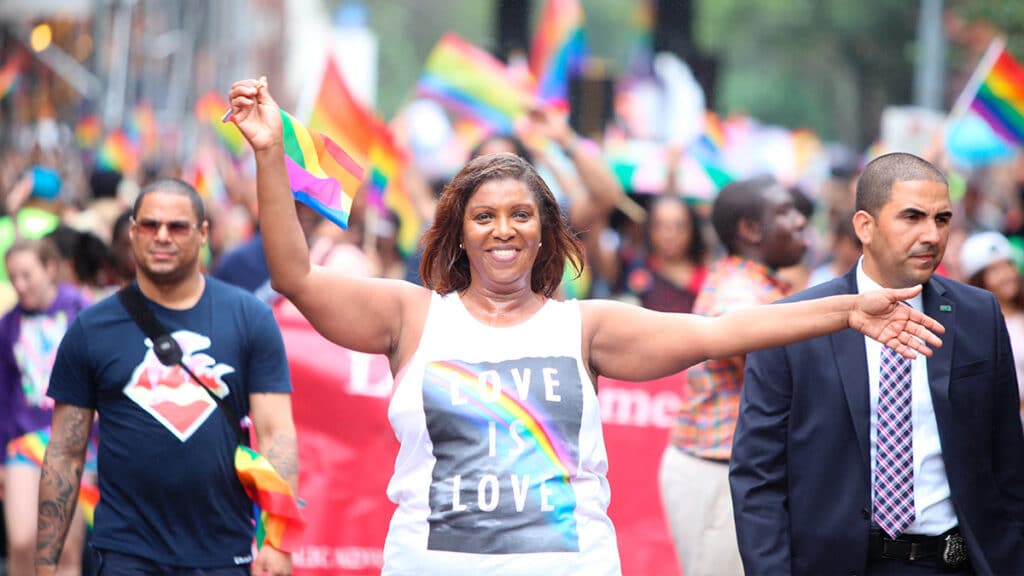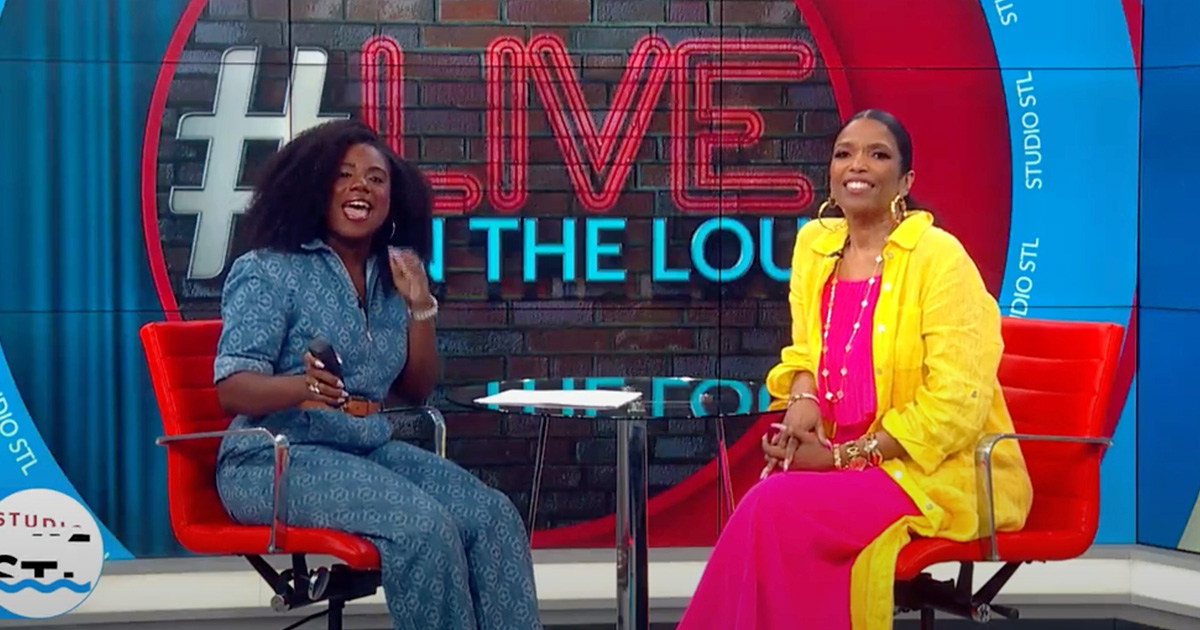It’s time to take a close look at pride and intersectionality. Pride month: a time to celebrate and protest, a time to reflect on how far we’ve come, while acknowledging how far we have to go. It is important to prioritize joy during this time, but it is equally important to recognize that that joy might be complicated for BIPOC members of the LGBTQIA+ community.
LGBTQ people already face intense discrimination, despite the fact that gay marriage has been legal in the United States since 2015. Unfortunately, due to increasingly untrue and hateful rhetoric from right-wing politicians and extremists, that discrimination is worse than it’s been in the past. For people of color who identify as LGBTQ and already encounter persecution because of their race, the oppression intensifies, as does the danger.
This article will explore intersectional Pride, as well as ways that straight allies can support members of the LGBTQIA+ community this month and throughout the year.
The BIPOC Community’s Historical Influence on Pride
The history of Pride is inextricably linked with the history of people of color. The Mattachine Society, founded in Los Angeles in 1950, was the first national gay rights organization. They eventually fought police entrapment and brutality that faced the Chicano community.
Famously, the first ever Pride was to honor the Stonewall riots, a watershed moment for the LGBTQIA+ movement. A police raid at The Stonewall Inn in New York City led to days of protests, mainly led by Black LGBTQ women. Marsha P. Johnson, Storme’ DeLarverie, Sylvia Rivera, and Miss Major Griffin-Gracy are just some of the Black heroes associated with the protests.
Today, Black leaders are still playing a huge role in lifting up the LGBTQIA+ community. Billy Porter, Laverne Cox, Lori Lightfoot, Lena Waithe, and Roxane Gay (just to name a few) are all trailblazers.
However, despite all that people of color have done for LGBTQ rights, the space still tends to be less welcoming to them than it is to their white counterparts. Many Prides have splintered off into affinity groups focused on Latinx Pride, Black Pride, Asian Pride, and more. Black LGBTQ individuals even report facing discrimination in LGBTQ spaces at a higher rate than white individuals in those spaces. There has also been resistance toward efforts to combine movements like Black Lives Matter with Pride.
A Look at the Numbers Reveals Some Horrifying Realities
An article from The Washington Post published earlier this month contained the following, sobering quote:
“Anti-LGBTQ activity including demonstrations and attacks increased more than four times from 2020 to 2021, from 15 incidents to 61, according to the global nonprofit conflict-monitoring group known as ACLED. As of early June, ACLED counted 33 anti-LGBTQ incidents so far this year, indicating an even bleaker 2022.”
A 2021 report from the UCLA School of Law Williams Institute looked into “LGBT well-being at the intersection of race.” These are just a few of the statistics.
- 1.2M Black LGBT adults live in the U.S.
- About 40% of LGBT adults are people of color, including 12% who identify as Black.
- Black LGBT adults are more likely to experience economic insecurity than Black non-LGBT adults, with 56% of Black LGBT households having a low income
- 26% of Black LGBT adults have been diagnosed with depression
- 79% of Black LGBT adults reported facing verbal insults or abuse, and 60% report being threatened with violence
And that’s just a snapshot. Black people in the LGBTQIA+ community have also been disproportionately impacted by HIV, and 2021 was the deadliest year on record for violence against Black transgender individuals. A 2020 survey conducted by the Center for American Progress indicated that one-third of Black LGBTQ people experienced discrimination that impacted their everyday lives, and that nearly 1 in three avoid certain public spaces for fear of being discriminated against.
You’d be right to ask yourself how, in this day and age, do statistics this staggering even exist? Unfortunately, the dangerous, hateful commentary around “grooming” that we hear from conservative leaders (both political and otherwise), is leading to violence and threats. An attempt by the white nationalist group Patriot Front to riot at an Idaho Pride event was thankfully thwarted just last week.
Being an Ally Takes More than Saying the Word
All of this should upset you, but don’t let sadness lead to inaction. Especially if you’re a straight cisgender person, this month should be about taking steps that can meaningfully help LGTBQ people of color in your life. Some ideas include:
- Open communications and conversations, don’t be afraid to get uncomfortable and learn
- Donate (instead of spending money on rainbow-washed products)
- Read and self-educate about the issues and experiences of people in these communities
- Speak out when you hear discrimination (so long as you can do so safely)
- Participate in Pride events and/or volunteer as a safety marshal for those marching
Pride is a well-deserved celebration, but as is clear by recent events and disturbing statistics, there is still a long way to go when it comes to making spaces safer and more accommodating for the BIPOC members of the LGBTQIA+ community.
About the Author
AREVA MARTIN is one of the nation’s leading voices for Autism advocacy. An award-winning attorney, advocate, legal and social issues commentator, talk show host, and producer, she is a CNN/HLN legal analyst, former co-host of The Doctors and Face the Truth, and a regular contributor on Good Morning America, ABC World News Tonight, and Dr. Phil. She currently hosts The Special Report with Areva Martin and is the Host and producer of a weekend radio talk show, Areva Martin Out Loud, on KBLA AM 1580. A Harvard Law School graduate, Martin founded Martin & Martin, LLP, a Los Angeles–based civil rights firm, and is the CEO of Butterflly Health, Inc., a mental health technology company.



